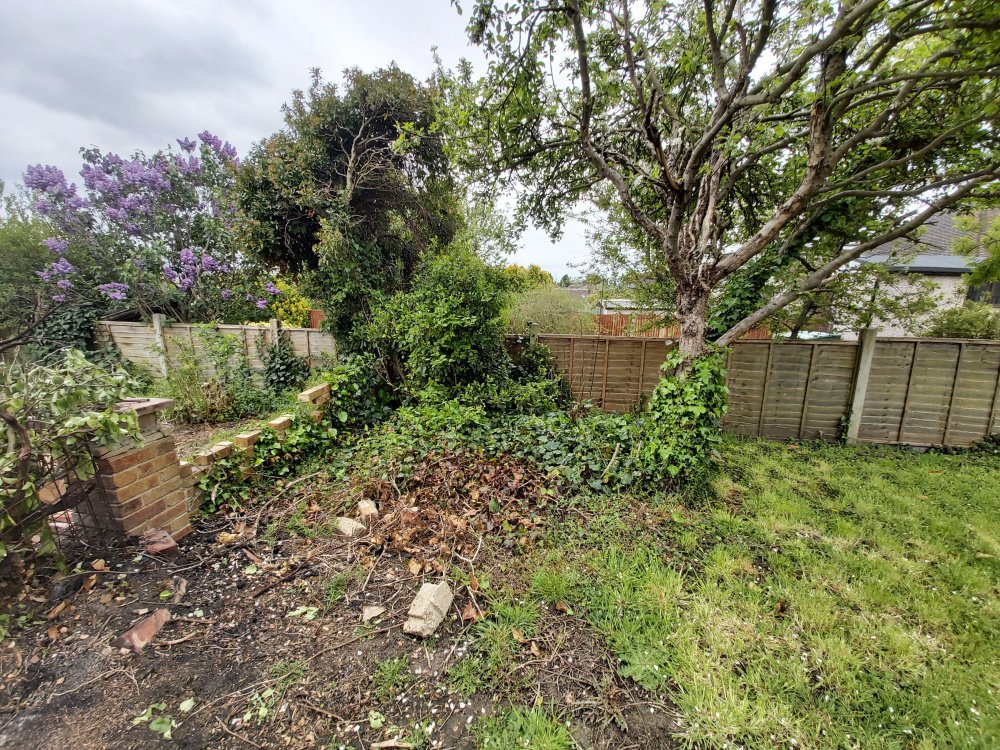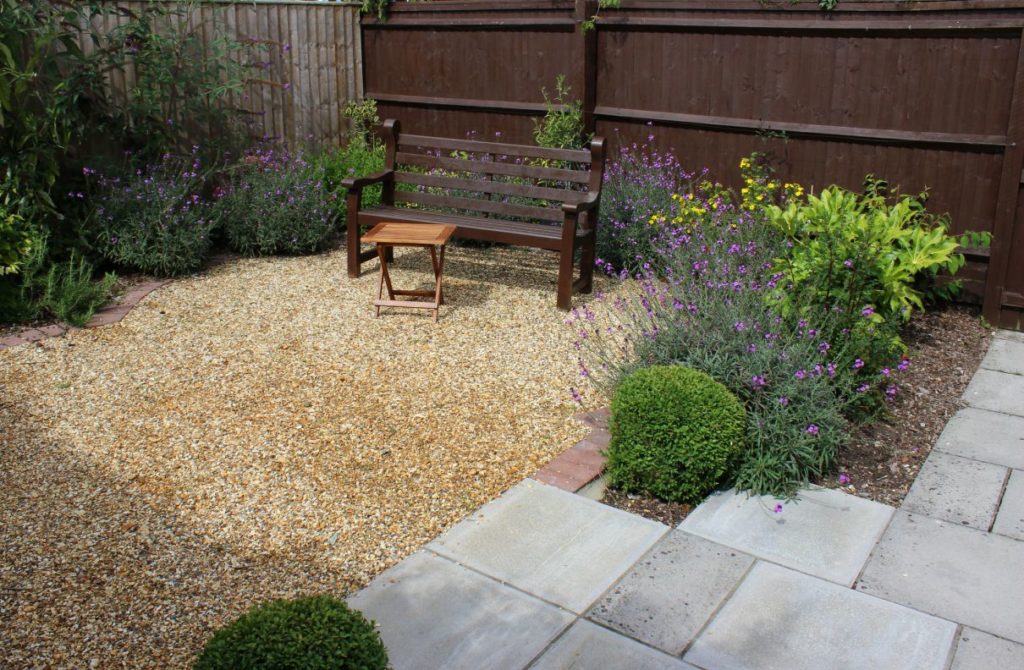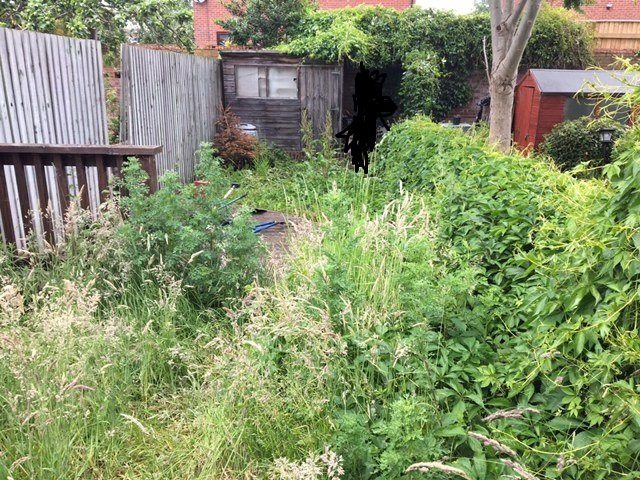
It is the time of the year when the outdoor areas need some attention, so make sure you and your tenants know who is responsible for which part.
A recent poll instigated by the NRLA, indicated that lack of upkeep of the garden was still one of the commonest causes of tenancy deposit disputes between landlords and tenants at the end of a tenancy.
Deeper ‘digging’ into this (excuse the pun) appears to identify that a lack of documentation and communication may be the cause of the lack of clarity on responsibility in this area. Standard tenancy agreements do not usually include a clause identifying garden maintenance responsibility. Whilst 80% of landlords said that they did include a specific clause in their tenancy agreements, 20% did not and a larger percentage of landlords did not discuss this matter with their tenants at the start of the tenancy. Also, a significant proportion did not include garden condition as one of their regular mid-term tenancy checks.
Compounding the issue, garden maintenance is regarded as one of those grey areas in a tenancy where there is split responsibility depending on the specific task. Experts agree that basic garden maintenance – such as maintaining tidiness and general condition – is clearly a tenant responsibility (in much the same way as it is in the inside of the house). However, more complex and involved tasks – such as maintaining the structures and cutting or felling larger trees and shrubs – is the responsibility of the landlord. It is definitely not reasonable to expect a landlord to provide a general ‘garden maintenance’ service as part of a tenancy (although this could be offered as an additional paid for service).
As a landlord or agent, it is important therefore to make these respective responsibilities clear at the start of the tenancy and have a mechanism for checking that the general condition of the garden is not deteriorating throughout the tenancy.








